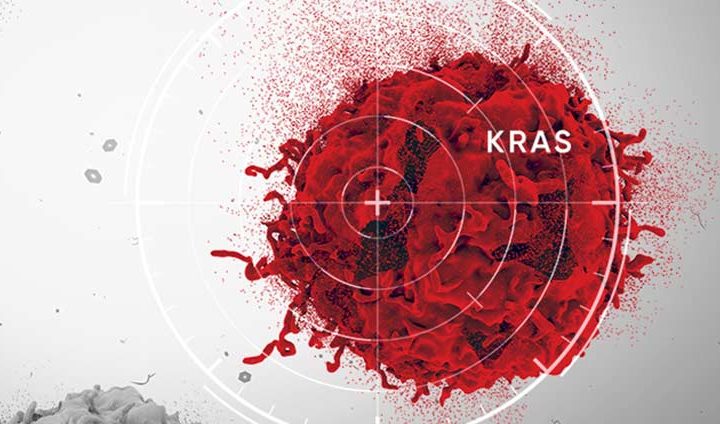Photo Credit: Data on File. Certis Oncology (2024). The conventional drug development pipeline has delivered incredible pharmaceutical successes and blockbusters. But, recently, appreciation for the growing number of failed drug candidates that...

VALIDATE YOUR KRAS-TARGETING STRATEGY
Combining Predictive AI + Advanced Cancer Models to Help Direct Oncology Drug Development and Clinic Research Studies.
LEARN MORE
VALIDATE YOUR KRAS-TARGETING STRATEGY
Combining Predictive AI + Advanced Cancer Models to Help Direct Oncology Drug Development and Clinic Research Studies.
LEARN MORE